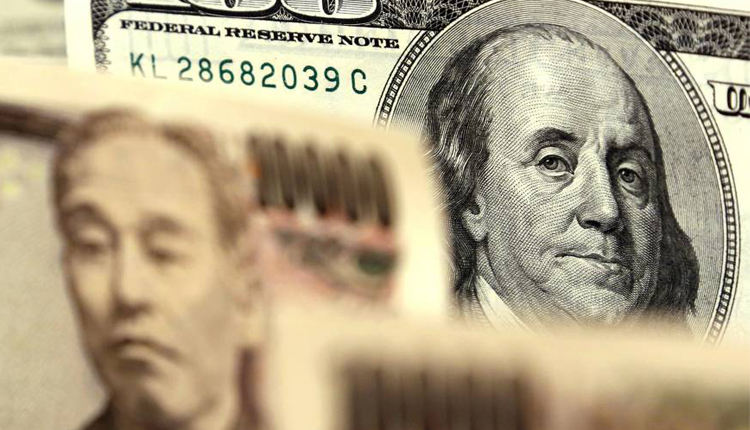The Japanese yen plummeted on Wednesday after a senior Bank of Japan (BOJ) official downplayed the likelihood of a near-term interest rate hike.
This unexpected statement reversed the market trend set earlier in the week by growing US recession fears and the unwinding of popular carry trades.
The yen depreciated by over 2.35 per cent, reaching a session low of 147.935 per dollar following comments from BOJ Deputy Governor Shinichi Uchida.
“As we are seeing sharp volatility in domestic and overseas financial markets, it’s necessary to maintain current levels of monetary easing for the time being,” Uchida said.
Uchida’s remarks contrasted sharply with the more hawkish stance adopted by BOJ Governor Kazuo Ueda last week when the central bank unexpectedly raised interest rates. This policy shift sent the Nikkei index higher and weighed on Japanese government bond yields.
The BOJ’s rate hike, combined with previous interventions by Tokyo, triggered a mass exodus from carry trades—a popular investment strategy involving borrowing yen at low rates to invest in higher-yielding dollar-denominated assets.
This shift propelled the yen to a seven-month high of 141.675 per dollar on Monday, a stark contrast to the 38-year lows of 161.96 it had reached in early July.
However, Uchida’s comments could potentially revive the carry trade, according to investors, despite ongoing unwinding activity. Rong Ren Goh, a portfolio manager at Eastspring Investments, stated, “Uchida has saved the carry trade—for now.”
The yen’s decline was widespread, impacting currencies like the Mexican peso, New Zealand dollar, and Australian dollar—all popular carry trade targets. The euro and sterling also appreciated against the yen.
According to JP Morgan strategists, the recent swing in yen positioning was one of the largest on record, with 65 per cent of yen short positions covered by August 6.
Mark Matthews of Julius Baer suggested that the BOJ may not need to significantly increase interest rates further.
On Wednesday, the euro weakened by 0.19 per cent to $1.0910, while sterling gained 0.11 per cent to $1.2706. The US dollar index rose 0.33 per cent to 103.32, moving further away from its seven-month low of 102.15.
The Australian dollar strengthened by 0.64 per cent to $0.65605 after the central bank ruled out rate cuts this year. The New Zealand dollar climbed 0.98 per cent to $0.60125 following strong jobs data.
Attribution: Reuters


